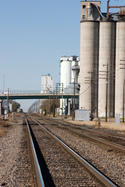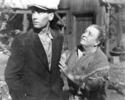By Bernard L. Schwartz, Sherle R. Schwenninger, New America Foundation
The American economy is in trouble. Battered and bruised by the collapsing housing and credit bubbles, and by high oil and food prices, it is having trouble finding its footing. The stimulus medicine the Federal Reserve and Congress administered earlier this year is already wearing off, while home prices are still falling and unemployment continues to creep upward. read more »






















